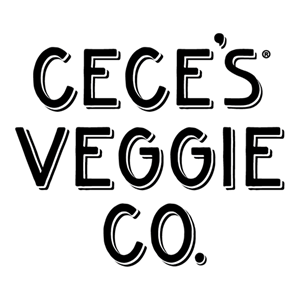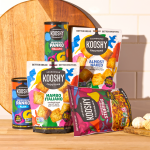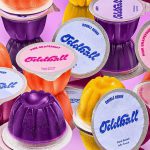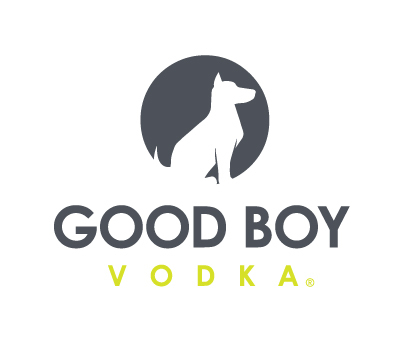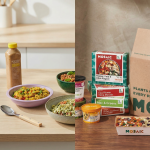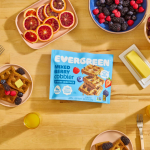Cece’s Shifts Manufacturing Strategy to Grow Beyond Noodles
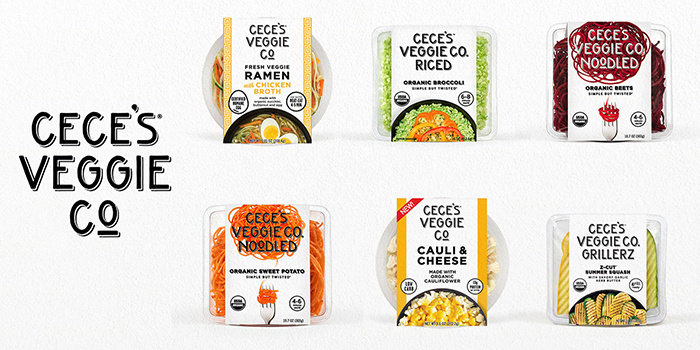
Veggie noodle and rice maker Cece’s Veggie Co. has sold its Austin, Texas manufacturing plant to Fresh Texas, a produce and plant-based meal solution provider, as the brand shifts its manufacturing strategy to regional production amid a push to diversify its product portfolio.
The terms of the deal were not disclosed, though Fresh Texas will continue to produce Cece’s products at the 40,000 square foot regional manufacturing facility.
Founded in 2015 by Mason Arnold, Cece’s has helped pioneer the spiralized veggie noodle category, with Arnold himself originally developing the brand’s patented technology to automate the production of veggie noodles. The company relocated to the Texas manufacturing plant in 2017 after securing $14 million in minority investment from Encore Consumer Capital, which helped further build out the company’s manufacturing capabilities. Since its launch with veggie noodles, the brand since has expanded into cauliflower rice and veggie ramen, and it latest innovations include meal kits such as Cauli & Cheese, sweet potato-based Dinos & Cheese and Buffalo Cauli, along with new seasonal items such as Delicata Squash Fries and a Harvest Roasting Kit, all of which the company has produced at its Texas facility.
While self-manufacturing helped the brand gain shelf space despite rising competition, with several unique product offerings that couldn’t be replicated by other companies or private label producers, the changing market has resulted in a need to adjust course.
Arnold said the company began searching last year for buyers that “could help us build capabilities or could complement our capabilities” as it geared up for new even more new product launches.
“We have this plant that is very suited for noodle production, but not suited for a ton of other stuff,” Arnold said. “So as we have been digging into more convenience items, meal kits and other ways that help people eat more vegetables, we’ve found that we need a lot of different capabilities than we currently have.”
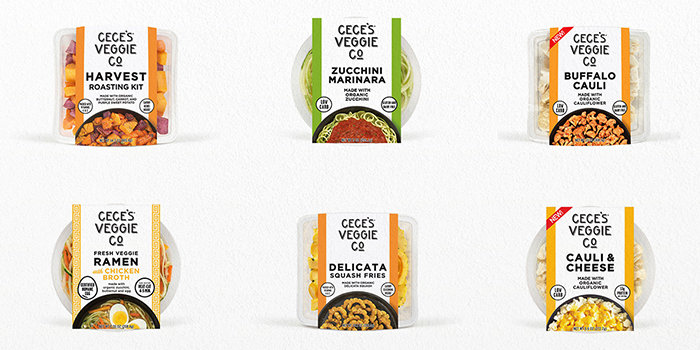
In Fresh Texas, Arnold said Cece’s found a partner that was interested in and easily able to build on the capabilities of its plant. The 90 Cece’s employees who previously worked at the plant will retain their jobs at the Austin facility, with Fresh Texas planning to add more than 100 jobs to the plant in the coming year. Cece’s itself also plans to hire 10 to 15 more employees in sales and marketing as well as research and development, Arnold said.
Despite selling the facility, Cece’s will retain the patents and intellectual property of its proprietary machines. Fresh Texas will continue to produce Cece’s products and use its equipment for “uses that we approve,” Arnold said. Cece’s will also relocate some of the machinery from the Austin plant to new facilities around the country. To build capacity for its veggie-based products, Cece’s will likely first begin working with co-packers in strategic regions, Arnold said, though he is “open to both” building Cece’s own regional facilities as well as working with co-packers in the future.
Still, that plan is still not finalized; he added that the company has not yet settled on a particular region of the country to build facilities or work with co-packers. The ultimate goal, however, is to have a more distributed system across the country. The brand is currently available in 4,000 retailers nationwide, including Whole Foods, H-E-B and Kroger, and Arnold said shipping products across the country from a single facility was “not the most efficient way to do it.”
According to Arnold, the sale and its move to regional manufacturing should ultimately help the brand be more competitive with private label products. Buyers have told Cece’s that they often turn to private label or commodity veggie noodles, which are manufactured regionally, because they can’t efficiently get Cece’s product on shelf, he said. As Cece’s shifts its strategy to regional manufacturing, the brand will be in a better position to compete with these items, with shorter shipping times and longer shelf lives.
Since the pandemic hit, Arnold said the produce category has not benefited from the same sales growth that has been seen in other grocery aisles, though he said demand for Cece’s has picked back up as people continue to look for more convenient cooking shortcuts. The company will continue to capitalize on the demand for healthy meal solutions with the launch of a line Wellness Bowls in the first quarter of 2021, Arnold said, which will include an Immunity Bowl to address a “big concern” for consumers who are looking for better-for-you heat-and-eat options.
“It’s always been about helping people get more vegetables into their diet and finding innovative ways to do that,” Arnold said.
